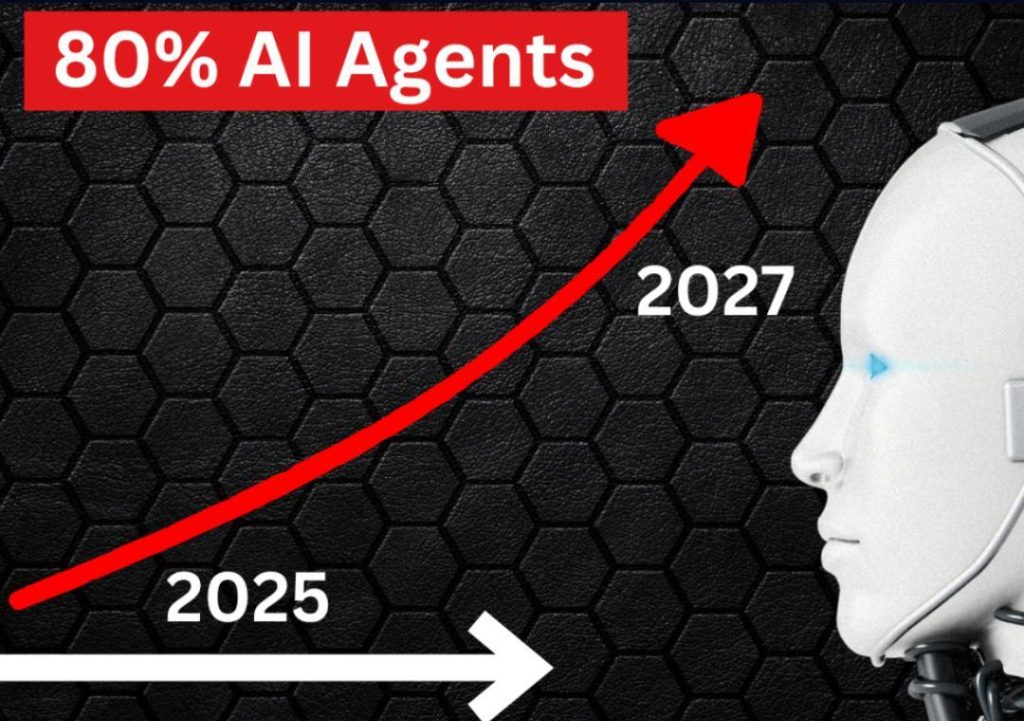
80% of Analysts’ Time Can be Automated Now
In today’s data-driven world, analysts are expected to extract insights from complex data sets, identify trends, and provide actionable recommendations to stakeholders. However, the reality is that a significant amount of their time is spent on manual tasks such as data wrangling, reporting, and dashboard creation. This leaves them with limited time to focus on high-impact creative strategy and decision-making.
But what if we told you that up to 80% of analysts’ reporting tasks can be automated? Enter Deep Data Copilot, a game-changing tool that interprets metrics, flags anomalies, and suggests next steps, freeing teams to focus on what matters most.
The Burden of Manual Reporting
Analysts spend a significant amount of time collecting, cleaning, and organizing data from multiple sources. This manual process is not only time-consuming but also prone to errors and inconsistencies. With the increasing volume and complexity of data, manual reporting is no longer a sustainable or efficient way to work.
According to a study by Gartner, analysts spend around 80% of their time on collecting and processing data, leaving only 20% for actual analysis and decision-making. This means that analysts are spending more time on manual tasks than on high-value activities that require their expertise and creativity.
The Solution: Deep Data Copilot
Deep Data Copilot is an AI-powered tool that automates up to 80% of analysts’ reporting tasks. This innovative solution can interpret metrics, flag anomalies, and suggest next steps, freeing teams to focus on high-impact creative strategy and decision-making.
With Deep Data Copilot, analysts can:
- Automate data collection and processing from multiple sources
- Interpret metrics and identify trends and anomalies
- Create customized dashboards and reports
- Suggest next steps and recommendations
- Focus on high-impact creative strategy and decision-making
Benefits of Automation
By automating up to 80% of analysts’ reporting tasks, Deep Data Copilot offers numerous benefits, including:
- Increased productivity: Analysts can focus on high-value activities that require their expertise and creativity.
- Improved accuracy: Automation minimizes the risk of human error and inconsistencies.
- Faster reporting: Reports can be generated in real-time, reducing the time it takes to deliver insights to stakeholders.
- Enhanced decision-making: With automated insights and recommendations, analysts can provide more informed and data-driven decisions.
Use Cases
Deep Data Copilot can be applied to various use cases, including:
- Marketing analytics: Automate report generation, trend identification, and anomaly detection to inform marketing strategies.
- Sales analytics: Automate sales performance tracking, pipeline analysis, and forecasting to optimize sales strategies.
- Operations analytics: Automate process monitoring, anomaly detection, and performance tracking to optimize operational efficiency.
Conclusion
In today’s data-driven world, analysts are expected to deliver insights quickly and accurately. However, manual reporting and data processing are no longer sustainable or efficient ways to work. Deep Data Copilot is a game-changing tool that automates up to 80% of analysts’ reporting tasks, freeing teams to focus on high-impact creative strategy and decision-making.
By adopting Deep Data Copilot, analysts can increase productivity, improve accuracy, and enhance decision-making. With its ability to interpret metrics, flag anomalies, and suggest next steps, Deep Data Copilot is a must-have tool for any organization looking to streamline their analytics and reporting processes.
Source:






